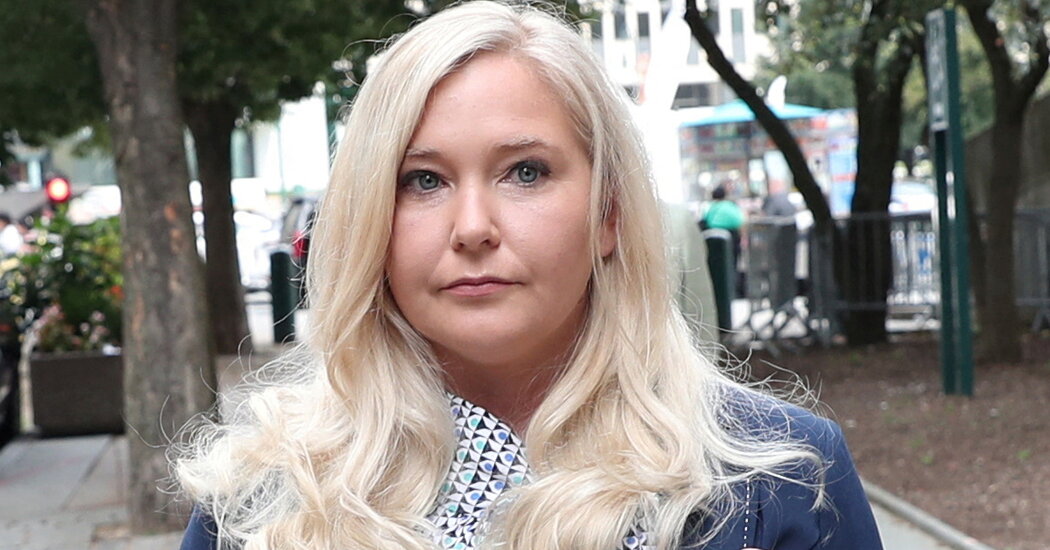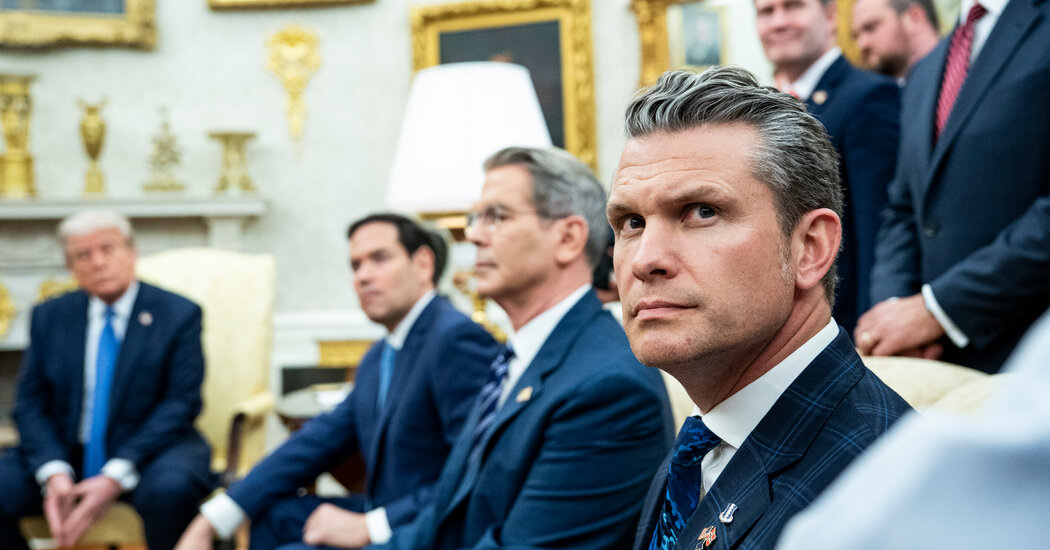Days after threatening to abandon peace talks between Ukraine and Russia, the Trump administration last week produced the outlines of a proposal to end the war between the two countries. The proposal, which is being viewed as President Trump’s “final offer,” completely blindsided Ukraine and America’s European allies, and for good reason: It heavily favors the aggressor. Ukraine has already rejected it.
In addition to reportedly freezing the current territorial lines, prohibiting Ukraine from joining NATO, and lifting sanctions on Russia that have been in place since 2014 when it annexed the Crimean Peninsula, the proposal offers Moscow a diplomatic gift that would set an extremely dangerous precedent: formal recognition of its control over Crimea.
Acceding to Russian control of Ukraine would break with an over-eight-decade, bipartisan tradition of opposing the changing of international borders by force. This policy was first articulated in 1940, after the Soviet Union annexed the three Baltic States: Estonia, Latvia and Lithuania.
The acting secretary of state, Sumner Welles, issued a statement that would come to have a profound impact on American foreign policy and international relations. “The people of the United States are opposed to predatory activities no matter whether they are carried on by the use of force or by the threat of force,” Welles said. “Unless the doctrine in which these principles are inherent once again governs the relations between nations, the rule of reason, of justice and of law — in other words, the basis of modern civilization itself — cannot be preserved.” More than 50 countries followed America’s lead in refusing to recognize the puppet governments installed by Moscow in the three annexed countries.
The United States maintained its nonrecognition policy after allying itself with the Soviet Union in June 1941. Later that year, President Franklin D. Roosevelt and Prime Minister Winston Churchill of Britain produced the Atlantic Charter, envisioning a postwar world order governed along liberal principles like self-determination, democracy and free trade. The two nations also expressed their “desire to see no territorial changes that do not accord with the freely expressed wishes of the peoples concerned.” Over the next 50 years, the United States stayed true to the letter and the spirit of the Welles Declaration, acknowledging the exiled governments of the Baltic States as the legal sovereigns of the territories they did not actually control.
Along those lines, offering de facto recognition of Russia’s control over Crimea, as the Trump plan proposes with regard to Ukraine’s eastern regions, would be a reasonable concession. Russian troops and military matériel are facts on the ground that cannot be wished away. But the U.S. providing formal recognition of the Crimean annexation would overturn the policy of every American president since Roosevelt, including Mr. Trump.




